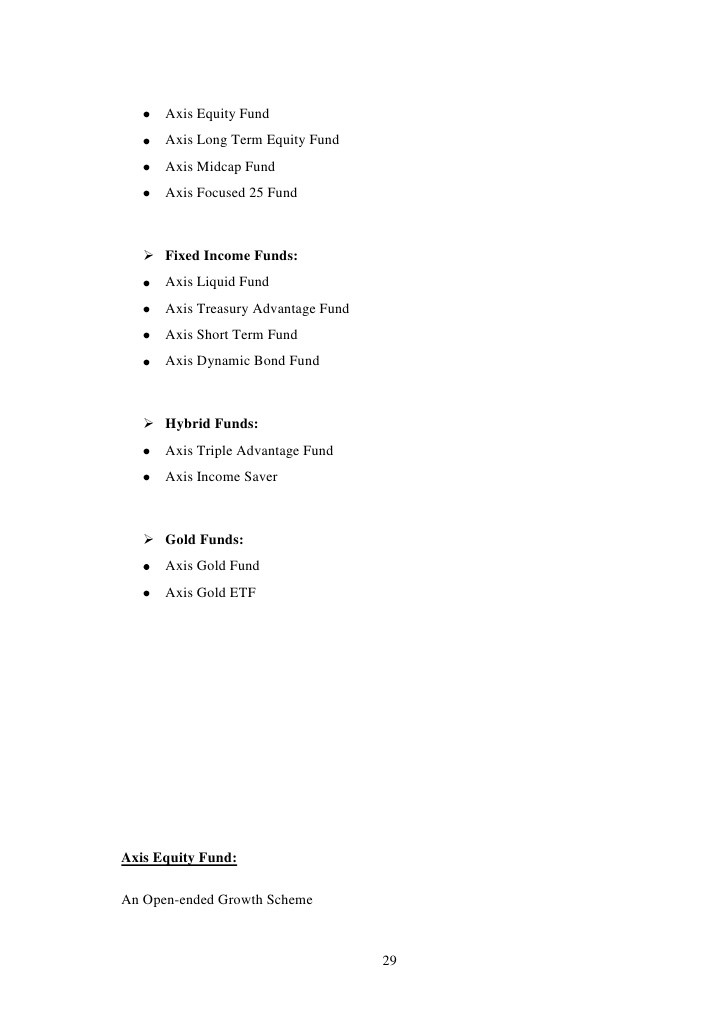Evidence That Short Sellers Profit From Mutual Fund Moves Focus on Funds
Post on: 10 Апрель, 2015 No Comment

By Teresa Rivas
Even the most skilled mutual fund manager is in a sense constrained by clients. If an investor wants to redeem his shares mutual funds will likely have to sell stock to raise the capital.
Yet what if someone could profit from predicting such moves?
That thesis is part of a new working paper by Salman Arif, Azi Ben-Rephael and Charles M.C. Lee. They write that their data show that short sellers consistently trade against mutual funds (increasing short selling when funds are buying and decreasing when funds are selling) and this holds true over time, so that shorting today often portends mutual fund selling in the future. “In each case, short trading appears to ‘front-run’ mutual fund flows,” they write.
More to the point, short sellers benefit from price reversals associated with mutual funds’ trading, earning higher profits when they trade against funds.
So perhaps short sellers are just earning a profit in their role as liquidity providers for funds—that’s not so bad, is it?
It wouldn’t be, except Arif, Ben-Rephael and Lee have pinpointed times when mutual funds are especially vulnerable to “predatory trading,” and even posit that this may help to explain why active managers trail their benchmarks—despite stock-picking skills.
[W]e assess several special situations in which mutual funds (MFs) might be most vulnerable to predatory trading by short sellers (Ss). Consistent with the price pressure explanation, we find that the wealth transfer from MFs to Ss is most pronounced for firms that have a large proportion of MF institutional ownership and low overall liquidity. In addition, consistent with the behavioral literature on flow-induced trading, we find this wealth transfer effect is much higher during periods of high retail investor sentiment. During high sentiment periods, the volume of daily MF trading at the firm-level increases on average by 8.8% for large (top quintile) firms and 28% for small (bottom quintile) firms. At the same time, the implied wealth transfer from MFs to Ss increases dramatically (on average, it is 2.10% higher per firm, over the next 63-days) relative to low sentiment periods. We show that this effect is directly linked to the increase in MF trading volume, and is not due to an increase in net MF buying.
Collectively, our findings provide at least a partial explanation for the MF performance puzzle. A curious finding from past studies is that active MFs consistently underperform their passive benchmark. We show that at least some of this underperformance is potentially attributable to a net wealth transfer between MFs and Ss, which is most pronounced when MFs trade stocks with high institutional ownership and low liquidity. Our results also provide a direct link between MF loses and retail investor sentiment. Consistent with the behavioral literature, MFs lose more to Ss when retail investors are overoptimistic about equities.
You can create a free account and download the paper in its entirety here .
Global ETFs Share Stocks’ Pain Next














